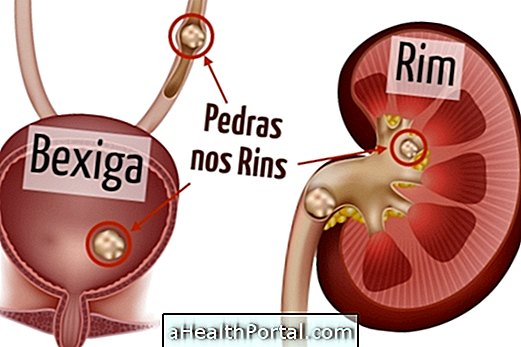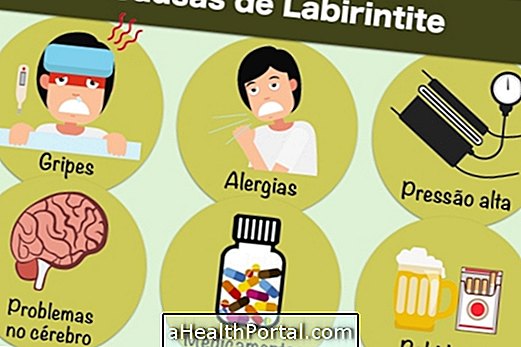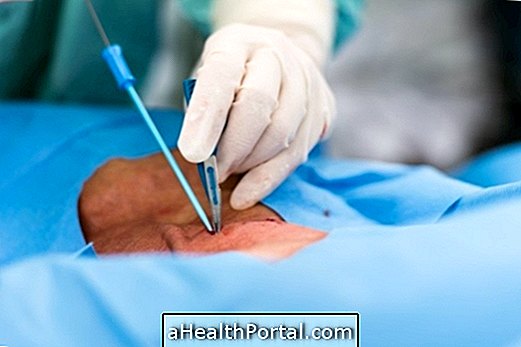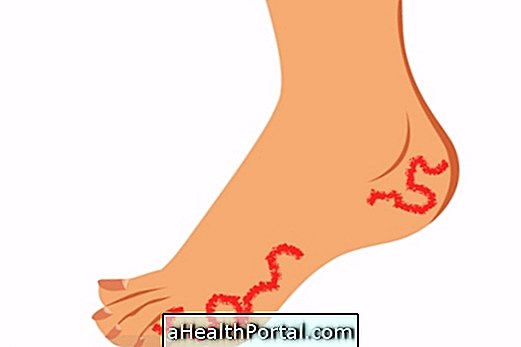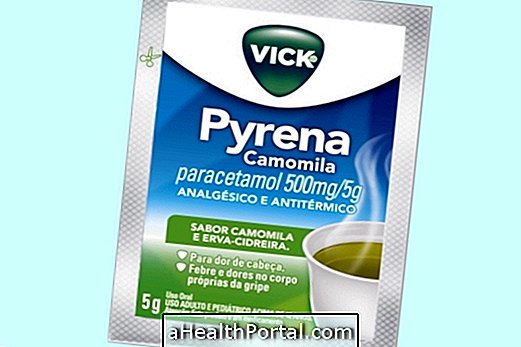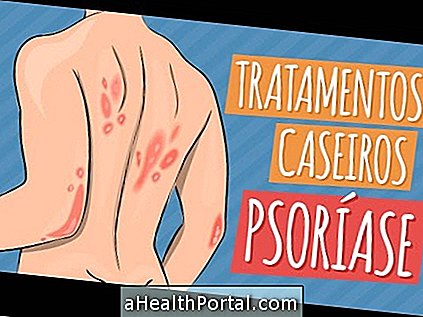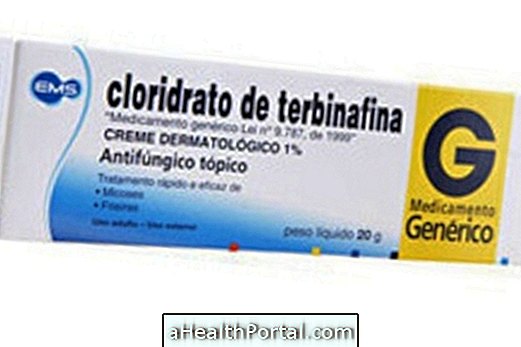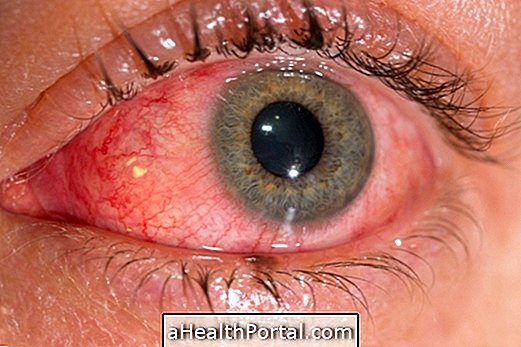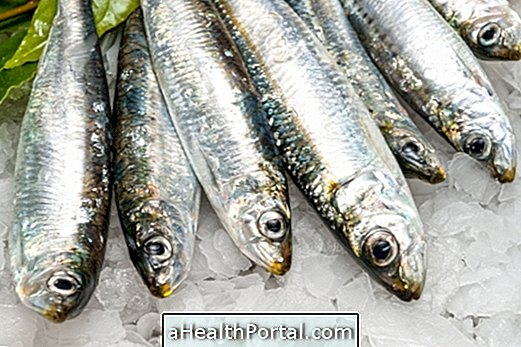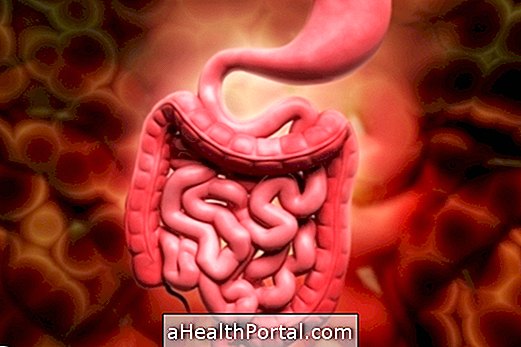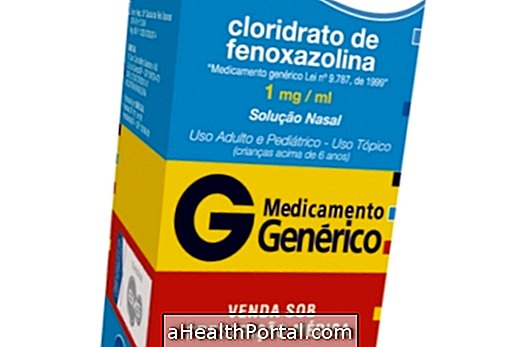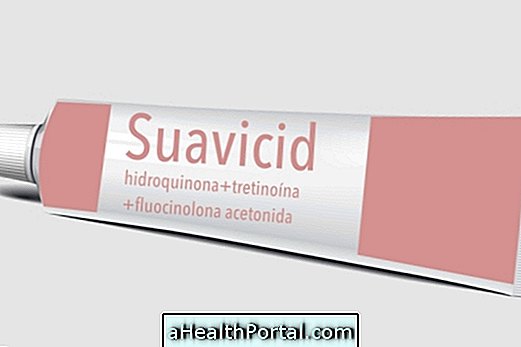When a person is contaminated with the E. coli bacteria, they have a high probability of contaminating others. Thus, to avoid the transmission of the bacteria from one person to another should be taken care of as:
1. Always wash your hands
It is important to wash your hands with soap and water by also rubbing your fingers after using the bathroom before cooking the food and after changing the baby's diaper with diarrhea, for example. In this way, even if it is not possible to verify traces of feces in the hands, they are always properly cleaned.
Watch the following video and see how to properly wash your hands:

2. Only eat clean food
E. coli bacteria are present in the intestines of animals such as cattle, cows, sheep and goats, so the milk and meat of these animals must be cooked before consumption. All milk bought in the markets is already pasteurized and safe for consumption, but you may be wary of milk taken directly from the cow because it may be contaminated.

3. Always wash the pot after diarrhea
Always after the person who has gastroenteritis to evacuate the toilet should be washed with water, chlorine or specific cleaners for the bathroom containing chlorine in its composition. Thus the bacteria is eliminated and does not contaminate the next user.
4. Have separate personal objects
The main form of contamination is fecal-oral contact, so the sick person should separate their glass, dish, cutlery and towels because if they get contaminated, do not reach the others.
5. Raw foods should be soaked
Before consuming fruits with peel, lettuce and tomato, for example, these should be dipped in a basin with water and sodium hypochlorite or bleach. The food should be soaked in this solution for 15 minutes and no further washing is necessary.
6. Do not eat undercooked meat
Beef can be contaminated and so it is important not to eat undercooked meat.
7. Only drink drinking water
Boiled or filtered water is suitable for consumption, but it is not recommended to take well water, river, stream or waterfall without boiling for 5 minutes.
8. Wear gloves when caring for animals.
Those who work on sites or farms tending cattle should wear gloves in contact with the faeces of these animals.
Anyone can be infected, but it is more common for this bacteria to develop in children, the elderly, and people with weak immune systems.
What are the symptoms of E. coli?
The first symptoms that have been contaminated by the bacteria are nausea and malaise, in a few hours emerge intense vomiting and diarrhea, which may contain mucus or blood, for example. In some cases there is a low fever.
Symptoms can take from a few hours to 10 days to manifest, and this period is called incubation. As soon as vomiting and diarrhea are present other people may be contaminated.
How is the treatment?
Treatment of intestinal infection caused by E. coli lasts on average 7 to 10 days. The indicated remedies are Paracetamol to lower the fever and antibiotics prescribed by the doctor. During the treatment it is important to eat easily digestible foods such as vegetable soup, mashed potatoes, carrots or squash, with shredded chicken and a little olive oil.
Hydration is very important and it is recommended to take water, coconut water or saline, especially after an episode of diarrhea or vomiting. No remedies should be used to trap the intestine, because the bacteria need to be eliminated through the feces.
